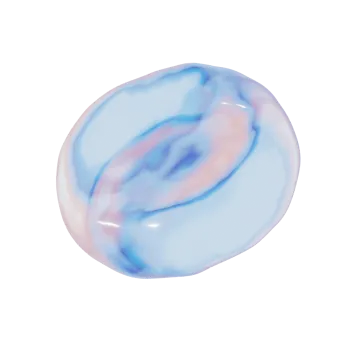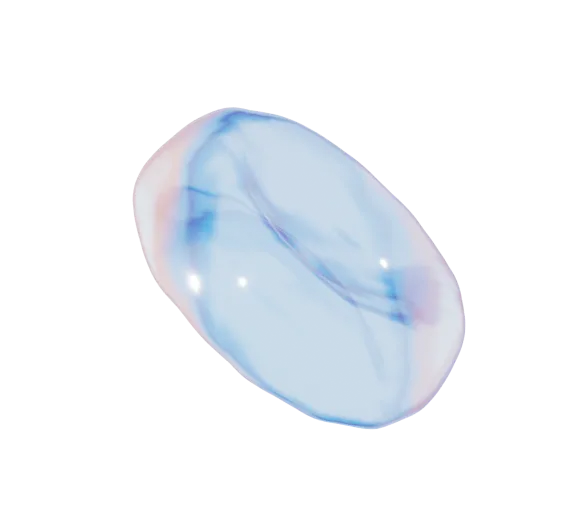



Plasma-derived Medicines
UNIQUELY SAVING LIVES
130
plasma donations to treat ONE primary immune deficiency patient
900
plasma donations to treat ONE Alpha-1 deficiency patient
1200
plasma donations to treat ONE Hemophilia patient
Plasma DONORS Are heroes


Plasma-derived Medicines
Plasma-derived medicines are unique, biologic medicines that can only be created from human plasma, and not be recreated in a lab. This makes plasma donation critically important for the patients relying on these medications.
U.S. Patients treated annually (estimates)
40,000
Primary immunodeficency diseases
40,000
30,000
Bleeding disorders (e.g., Hemophilia)
30,000*
14,000
Chronic inflammatory demyelinating polyneuropathy
30,000
7,500
Alpha-1 antitrypsin deficiency
7,500
5,000
Hereditary angioedema
5,000
*Includes recombinant therapies. American Thrombosis & Hemostasis Network
about ppta
The Plasma Protein Therapeutics Association (PPTA) is a leader in the plasma industry. PPTA represents more than 1,200 human plasma collection centers in North America and Europe, as well as the manufacturers of lifesaving plasma-derived medicines. PPTA is also a key collaborator with patient groups, stakeholders, and policymakers to ensure access and availability of lifesaving plasma-derived medicines.
Advocacy
Advocate for access to and affordability of therapies for patients.
Engage
Engage in constructive dialogue with regulatory agencies.
Collaboration
Collaborate with patient advocacy organizations.
Standards
Administer standards and programs that ensure the quality and safety of plasma collection and manufacturing.




Standards programs
PPTA supports measures and standards that help ensure donor safety, which are based on scientific evidence. Learn more about the regulatory policies and the Association’s voluntary standards for safety and quality standards.
IQPP
International Quality Plasma Program (IQPP) provides an independent evaluation of adherence to global industry standards for source plasma, specifically focusing on donor management and health.

QSEAL
PPTA established the Quality Standards of Excellence, Assurance & Leadership (QSEAL) program to provide independent certification of adherence by fractionators to the voluntary standards.










